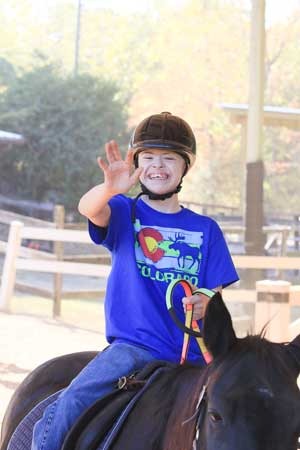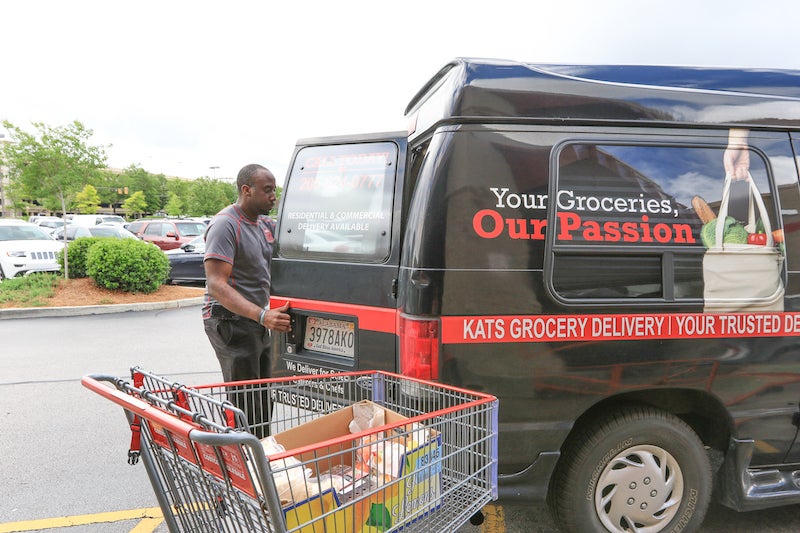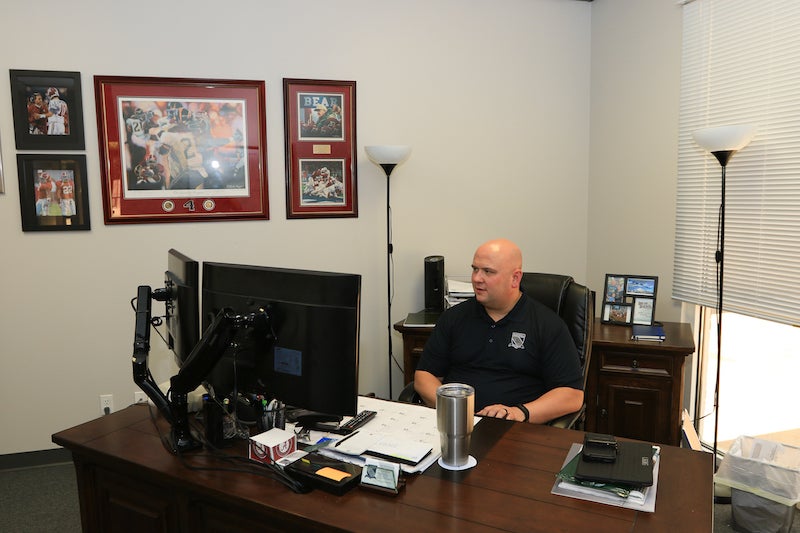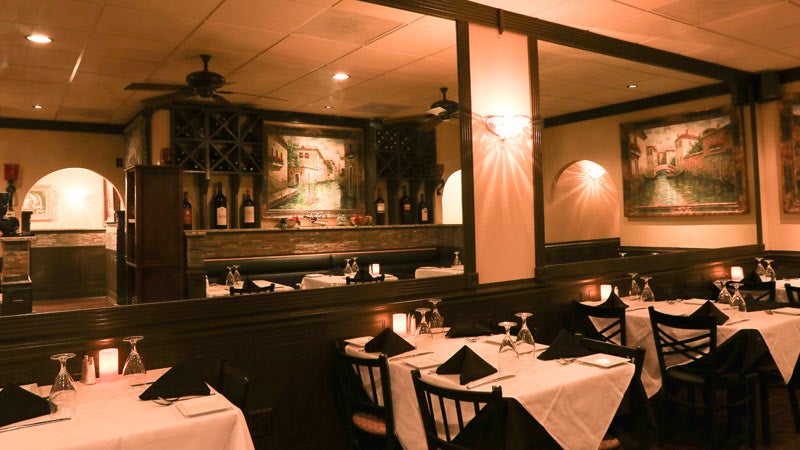Restorative rides
Published 7:00 am Thursday, December 1, 2016
Special Equestrians offers equine therapy to people with disabilities
Written by Carmen Brown
Photography by Dawn Harrison
In 1987, Kathi Claybrook was at a point in her life where she wanted to be a part of something besides herself. Then one day, she opened the newspaper and saw a full-page ad for Special Equestrians.
“I’d been riding horses since I was 7, I had a degree in psychology and I wanted to work with kids,” she said. “I just thought, what an awesome idea. I never left, and it’s been an amazing experience.”

A child waves while riding one of the horses at Special Equestrians.
Rita Mendel, a horse lover and instructor, had begun Special Equestrians in 1985 out of a desire to use the benefits of equine therapy to help people with disabilities. She teamed up with Pam Abdulla, a renowned equestrian and instructor; Patrice Murphy, a physical therapist; and Annette Troxell-Collins, a special education teacher. Claybrook quickly went from volunteer to teacher and eventually became executive director in 1991.
Located at the campus of Indian Springs School since 1993, Special Equestrians now has about 15 horses, including Oreo, Domino and Tess, the only mare in the group. Claybrook said the biggest factor of equine therapy is the hip action of the horses, which mimics that of a human being.
“Horses are very rhythmic when they walk,” Claybrook said. “It’s the same way we walk. If you take someone from a wheelchair, they have to use muscles you wouldn’t normally use. When you sit on a horse, it improves balance, strength and coordination.”
Special Equestrians accepts people with all disabilities, including Down Syndrome, autism, severe ADHD and clinical depression. No physician referral is needed, but once someone is accepted to the program, a doctor’s clearance is required. Claybrook said she has seen changes in people with all types of challenges after participating in the program.
“For autism, it allows them to calm and focus in a way they couldn’t before. You don’t have to be able to see, you don’t have to be able to hear, you don’t have to be able to speak to have this kind of experience,” she said.
The program consists of a nine-week course, with the class lasting about an hour each week. They typically ride for about 45 minutes. Claybrook said many of the riders have come back as volunteers.
“Until you see them in action, you just have no idea how it affects the riders,” she said. “Many horses will drop their head into the lap of a child in a wheelchair. There are some horses that absolutely love people and want to be in their space.”
Alluding to the classic movie “The Horse Whisperer,” Claybrook said she definitely feels that horses have a sixth sense when it comes to interacting with humans.
“Horses meet you where you are. Even if you don’t know you’re hurting, they know it. They give you the immediate feedback you need. It blows me away how they figure you out.”
Special Equestrians also offers group lessons with five to six riders.
“We’ve seen kids who are being bullied at school,” she said. “It offers that social atmosphere, and the next thing we know they’re having a blast.”
Tom Mulrooney, known as “Mr. Tom,” was a longtime volunteer for over 25 years who passed away earlier this year. After his passing, Special Equestrians named “Mr. Tom’s Tack Room” in honor of his commitment.
“He did everything,” Claybrook said. “He would come in every morning and every evening to feed the horses. He always fed them on Sunday mornings and on Christmas Day. He was a good friend, not just a volunteer.”
Claybrook also credits assistant director Madison Pozzo, facilities manager Steve Curreri and all of the instructors and volunteers for making Special Equestrians such a huge success.
“Everything we do is about community,” Claybrook said. “We have an amazing staff and an amazing board of directors.”
To commemorate their 30th anniversary back in April, Special Equestrians held a gala at the McWane Science Center where they watched the movie “Horses.”
“We’re always looking for horses, and we’re really looking for volunteers,” Claybrook said. “Saturday volunteers are needed badly because of football season.”
Special Equestrians uses 22 volunteers per session with about three volunteers per rider. Claybrook’s son, Colin, is also a volunteer, along with her husband Jerry, who helps out with computer issues.
Claybrook said she has loved watching Special Equestrians bring joy to people’s lives for over 25 years.
“I’m really blessed to do what I love,” she said. “In a way, it is a miracle. It can get you moving. It can get you outside. Just watching them move makes me happy.”








